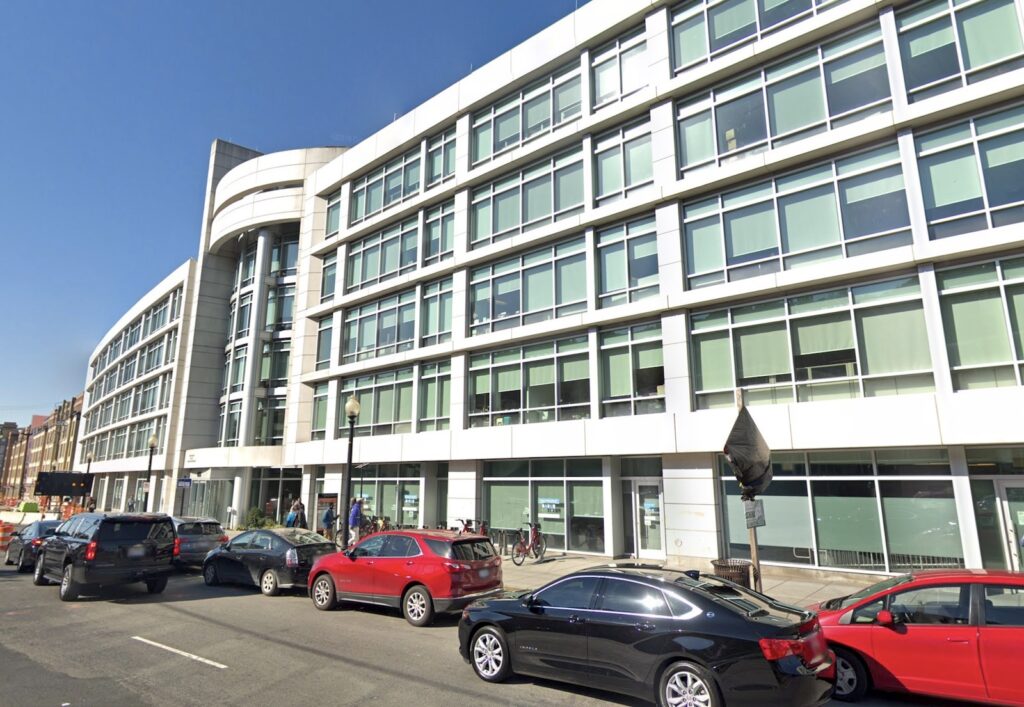Although elites have demonized cheap labor, the truth is that menial work is not as immoral as some would have you believe. Menial work gives unskilled and underemployed workers opportunities to get better skills for higher pay. In addition, menial work provides a source of income for people who are not qualified for skilled jobs and would otherwise be panhandling or working under the table. Wages are not determined by emotion or good feeling but supply and demand.
The reason why LeBron James makes more than a cashier at McDonald’s is that very few can play basketball at a professional level, while there is an overabundance of unskilled workers. Truth is that the minimum wage should be lowered, not raised, because it would allow companies to employ the unskilled and unemployed rather than automate.
While much of the debate is about paying people more for unskilled work, very few discussions are about the unintended consequences of higher wages. When wages increase, all the company does is pass the cost back to customers. While the bourgeoisie can enjoy a latte, those who are living on the margins will have to shop at Aldi’s, because the higher wage will be priced in at Starbucks. Historical evidence proves conclusively that raising the minimum wage has been destructive among disadvantaged groups such as teenagers and minorities.
When I was growing up, I wasn’t a promising student. No one saw any potential in me. Like many who were neglected and left on the margins, menial work provided an opportunity to gain skills, manage a budget and have an appreciation for hard work. My first job was in 1983, when the minimum wage was $3.35 an hour. What were called dead-end jobs are now jobs that progressives say teenagers and unemployed Americans don’t want to do. I disagree. I believe it’s better to do something menial than be reduced to panhandling or hustling.
My first job was working behind a counter for a family grocery store. Because they were a mom and pop store, they operated on shoestring profits. They took a risk hiring me and I’m grateful the owner didn’t cut his losses and fire me. He was losing money. I didn’t know how to do
anything and I was clumsy, awkward and inexperienced. Although I started off at a minimum wage, after I gained some experience I got a raise and was eventually promoted to manager.
Like many people, I thought those that opposed the minimum wage were cruel and heartless. But seeing so many people in Washington poor, homeless or reduced to hustling, I realized the minimum wage helped only people that had jobs—not the poor and unemployed. The minimum wage prices out and excludes potentially troubled youth that may find hope by doing menial work. It also forces companies to replace low-skilled workers with machines. Recently, the fast-food giant Wendy’s decided to install self-ordering kiosks in 1,000 of its franchises to reduce labor costs.
I oppose the minimum wage because jobs bagging groceries or washing dishes were never designed for someone driving an Audi or buying a home in suburban America. These help marginalized people develop skills so eventually they’ll find more lucrative opportunities. America isn’t Russia or Venezuela. No one is doomed to a life of squalor. If you don’t like working for a minimum wage, you can do things to make a maximum wage or you can try the marketplace and demand a raise.
I urge President Trump to veto any government-sanctioned wage increase. In Washington, D.C, African-American unemployment has been the highest of any state in the country. I believe the minimum wage, “equal pay for equal work” and the Davis-Bacon Act all indirectly affect minorities. So instead of our politicians getting out the way and allowing businesses to invest, our leaders sabotage the poor by advocating a $15 minimum wage. The problem isn’t inequality—it’s that liberals don’t know a damn thing about economics!
So I fervently urge President Trump to say a resounding “Hell No” to the living wage.
Jeffery McNeil is a Street Sense columnist and vendor.







